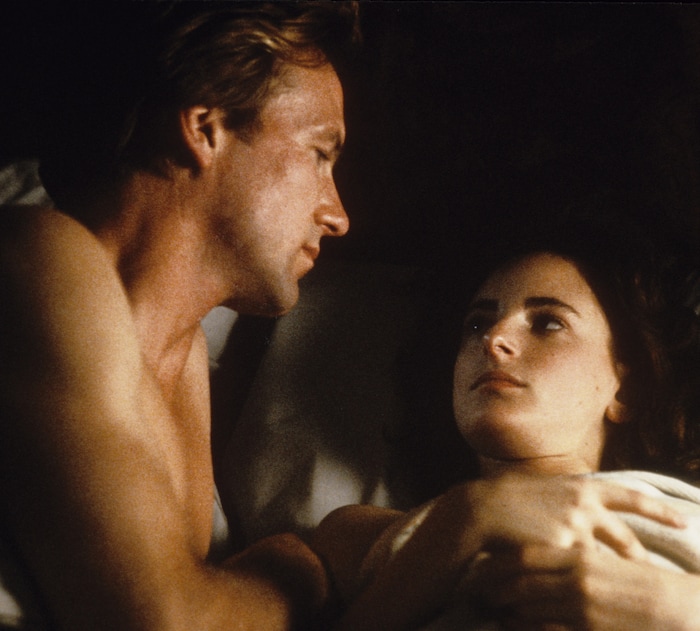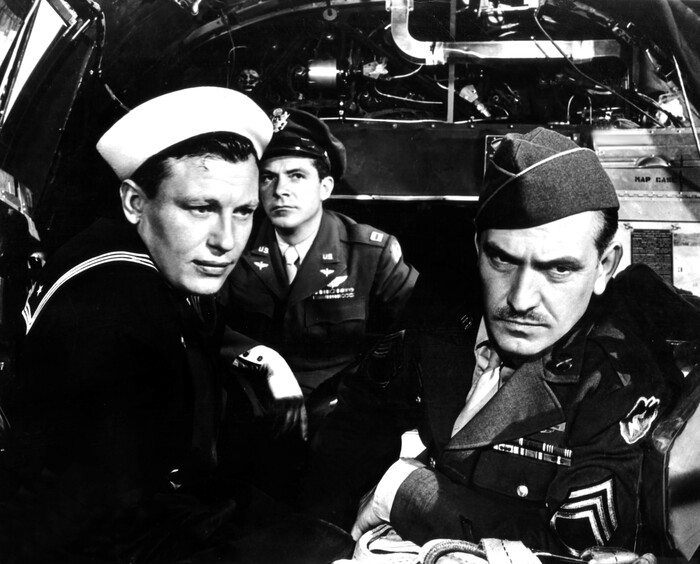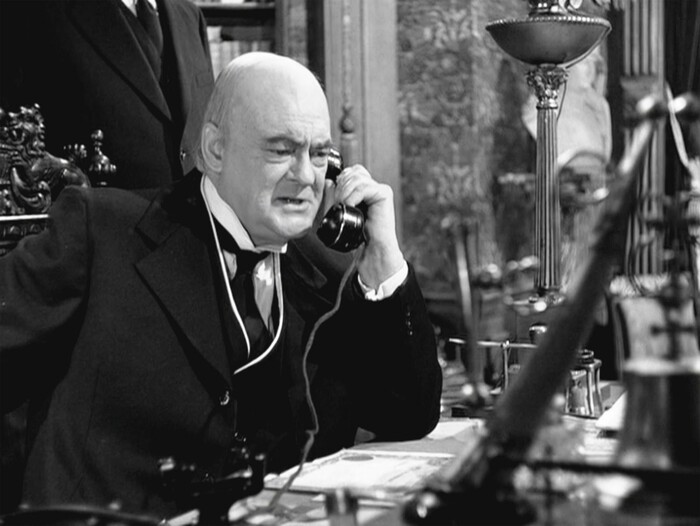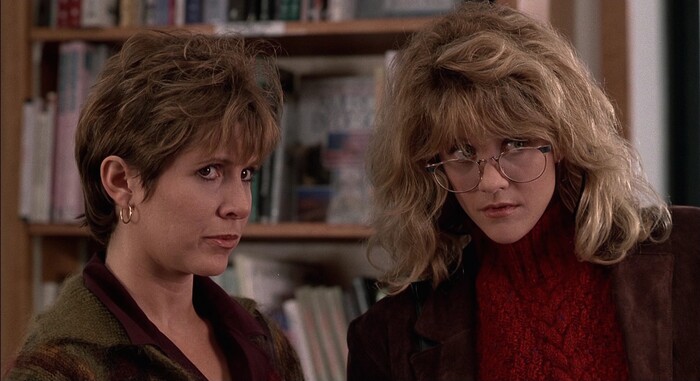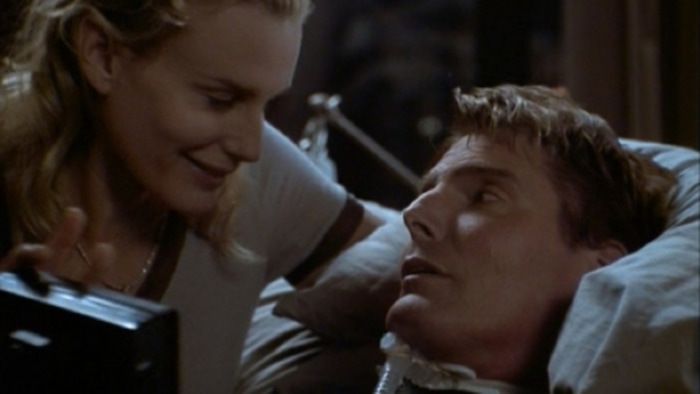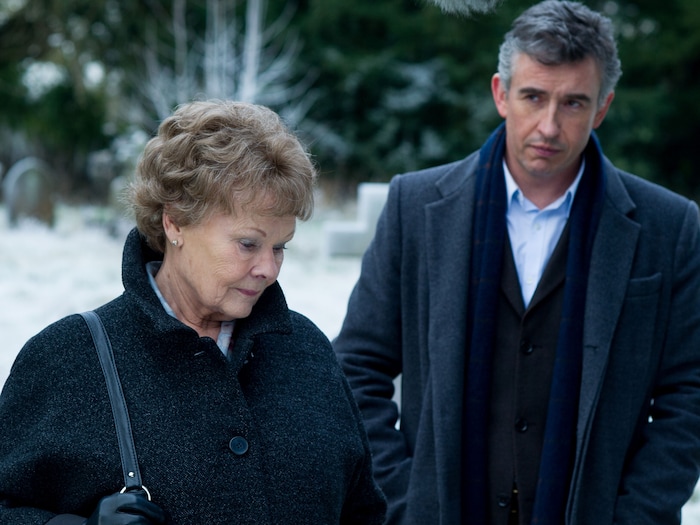If there’s a sure-fire way for an actor to get awards-season attention, it’s to play someone with a disability.
Think of Jane Wyman in “Johnny Belinda,” Patty Duke in “The Miracle Worker,” Cliff Robertson in “Charly,” Jon Voight in “Coming Home,” Daniel Day-Lewis in “My Left Foot,” Al Pacino in “Scent of a Woman,” Holly Hunter in “The Piano,” Geoffrey Rush in “Shine,” Jamie Foxx in “Ray,” Eddie Redmayne in “The Theory of Everything” and Julianne Moore in “Still Alice” — all Oscar winners, all portraying someone who’s somehow dealing with a disability.
Jake Gyllenhaal’s performance in “Stronger,” opening nationwide Friday, could be next on the list — as he portrays Jeff Bauman, who lost his legs in the 2013 Boston Marathon bombing. Gyllenhall’s performance has garnered rave reviews, but also criticism from disabled advocates.
The Ruderman Family Foundation, which advocates for inclusion of disabled people, has leveled the strongest complaint, with foundation president Jay Ruderman railing against “Hollywood’s ongoing systemic discrimination against actors with disabilities” because no amputee actors were even allowed to audition.
According to the Ruderman Family Foundation, less than 2 percent of the actors seen onscreen have disabilities — while people with disabilities make up 20 percent of the population.
There have been great performances by actors with disabilities. Here, in chronological order, are seven examples:
1. Harold Russell, “The Best Years of Our Lives” (1946)
Russell, who lost both hands in an explosion at a U.S. Army training camp in 1944, was chosen by director William Wyler to portray Homer Parrish, a sailor who lost his hands in World War II. Russell joined Fredric March and Dana Andrews as American servicemen trying to readjust to life back home after the war. His tender, honest performance earned him two Oscars — one for supporting actor (the first of only two nonactors to ever win an acting Oscar) and an honorary award for “bringing hope and courage to his fellow veterans.”
2. Lionel Barrymore, “It’s a Wonderful Life!” (1946)
The wheelchair used by Mr. Potter, the skinflint old banker in Frank Capra’s Christmas classic, was integral to the character’s stony disposition. But it was no mere prop. Barrymore, who was 68 when the movie was released, could not walk in his later years, due to arthritis and a broken hip a decade earlier.
3. Marlee Matlin, “Children of a Lesser God” (1986)
Matlin made her movie debut in this acclaimed drama as a deaf custodian at a school for the deaf who clashes with — and falls in love with — a hearing speech teacher (William Hurt). At 21, she was the youngest woman to win an Academy Award for best actress. Matlin has had a sustained career since, mostly on TV, with a starring role in the ’90s crime drama “Reasonable Doubts” and recurring roles on “Picket Fences,” “The West Wing,” “The L Word,” “The Celebrity Apprentice” and “Switched at Birth.”
4. Carrie Fisher, “When Harry Met Sally …” (1989)
The romantic comedy — in which Fisher scored major laughs as Marie, best friend to Meg Ryan’s Sally — was Fisher’s first major role after publication of her semi-autobiographical novel “Postcards From the Edge” and her candid revelations about her drug addiction. Later, she acknowledged those addictions were largely prompted by her bipolar disorder. Before her death, she was a fierce advocate for mental-health issues.
5. Christopher Reeve, “Rear Window” (1998)
(courtesy photo) Christopher Reeve (right) and Daryl Hannah starred in "Rear Window," a 1998 TV movie remake of Alfred Hitchcock's classic thriller.
After the 1995 equestrian accident that left him a quadriplegic, roles were hard to find for the former “Superman” star. One of his best post-accident performances was a TV remake of Alfred Hitchcock’s classic “Rear Window,” with the Jimmy Stewart role modified for Reeve’s disability, becoming a quadriplegic architect who witnesses a neighbor beating his wife. Reeve incorporated his physical therapy experiences into the performance and received SAG and Golden Globe nominations for it.
6. Michael J. Fox, “Stuart Little 2” (2002)
The worsening effects of Parkinson’s disease forced Fox to retire from full-time filmmaking in 2000, when he left his TV series “Spin City.” He still makes the occasional cameo and keeps his acting career going largely in voiceover work. He was most effective in the “Stuart Little” films, where his aw-shucks voice matched the plucky mouse perfectly.
7. Judi Dench, “Philomena” (2013)
Dame Judi acknowledged in 2012 that she was suffering from macular degeneration, losing part of her eyesight, though she played down concerns that she was going blind. “I can’t read scripts anymore because of the trouble with my eyes,” she said in a statement in 2012. “Somebody comes in and reads them to me, like telling me a story.” The issue didn’t keep Dench from giving a soulful performance in “Philomena,” the true story of an Irish woman who enlists a journalist (Steve Coogan) to investigate what happened to the son she was forced to give up for adoption 50 years earlier.
